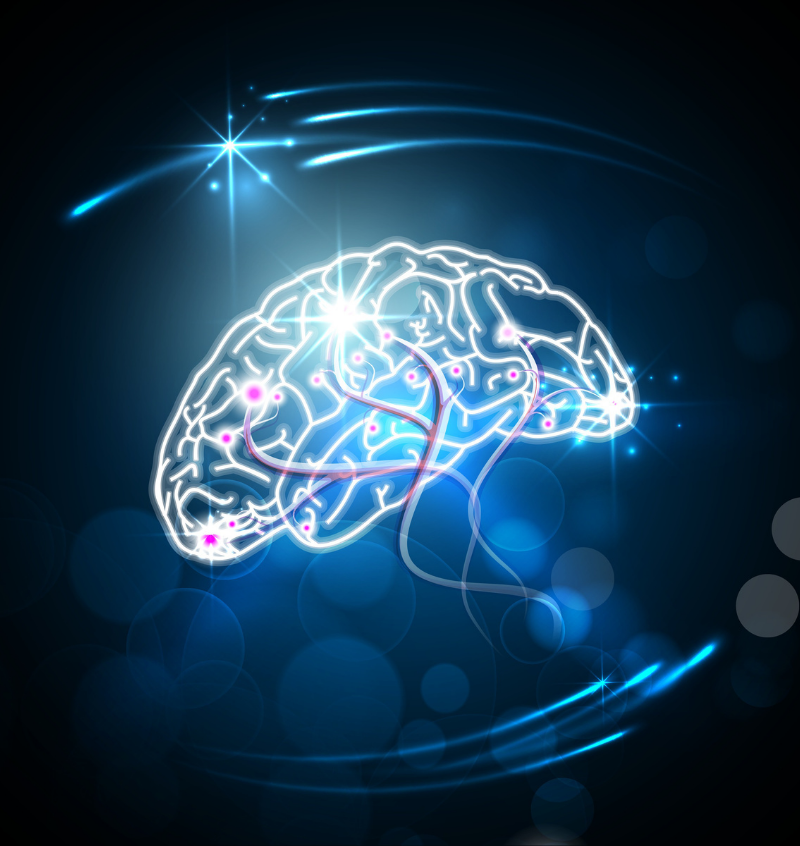THE VAGUS NERVE
The influence of the vagus nerve on health and well-being.
The Vagus nerve, originating in the brain stem, is the 10th cranial nerve and is responsible for the parasympathetic control of the majority of our internal organs including the heart, the lungs and digestive tract. Therefore, it has a significant impact on our health and well-being.

Vagus Nerve and the Parasympathetic Nervous System.
Vagus Nerve and Stress.
Chronic disease states are associated with either the fight or flight response or the freeze response. However, no healing or regeneration takes place during fight, flight or freeze activation. We can only heal when our relaxation response (ventral vagus nerve) is activated.
Vagus Nerve and the gut-brain-microbiome connection.
Chronic disease states are associated with either the fight or flight response or the freeze response. However, no healing or regeneration takes place during fight, flight or freeze activation. We can only heal when our relaxation response (ventral vagus nerve) is activated.
Vagus Nerve and the Immune System.
| |
Chronic disease states are associated with either the fight or flight response or the freeze response. However, no healing or regeneration takes place during fight, flight or freeze activation. We can only heal when our relaxation response (ventral vagus nerve) is activated.
Have A Question?
Get In Touch.
Call 07595 397964 or send me a message